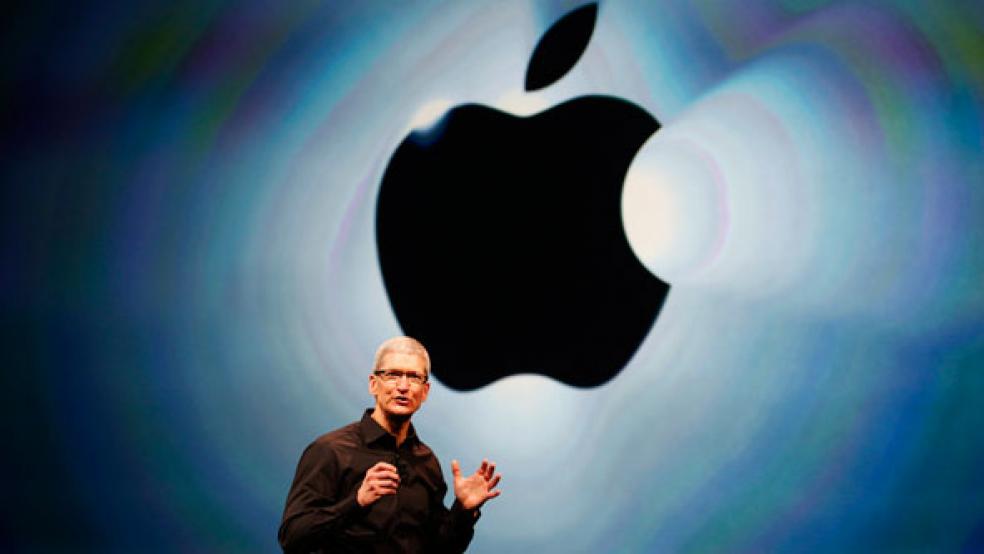The year 2014 began with what many thought to be a huge blow to Apple's (NASDAQ:AAPL) future in home automation technology.
Two weeks into the new year, Google (NASDAQ:GOOG) announced it would be acquiring Nest Labs and its fleet of smart thermostats and smoke detectors for $3.2 billion. Since its inception at the hands of two former Apple engineers, Nest appeared to be one of the likeliest candidates for an Apple buyout given the sleek, Cupertino-inspired look of its products. But swooping in undetected, Google landed a massive arsenal in what will become a furious war over our living rooms.
Related: Silicon Valley Conspiracy: When Apple and Google Get Together, Watch Out
But don't count Apple out just yet. According to a recent report in the Financial Times, Apple is working on a home automation software platform intended to wirelessly connect our lights, security systems, and household appliances to the iPhone. And the best part? We may get to see it in action as soon as next week's keynote address for the Worldwide Developers Conference.
The system is rumored to be wisely integrated directly into iOS rather than relying on a slew of third-party apps. Devices like iPhones, iPads, and even Apple TVs are said to work as controllers for the connected home devices. On the appliance side, the lights, thermostats, and so forth will allegedly work within Apple's existing "Made for iPhone" program which already links third-party hardware to the iOS ecosystem.
Given Apple's toe-dipping progress with iBeacons (See: The Biggest iPhone 5S Feature Nobody's Talking About), it's possible that the smart home devices will work on Bluetooth low energy (BLE) technology. However, rumor has it that Apple will finally implement near field communication (NFC) into its mobile devices, which could also trigger automatic functionality similar to Tasker-equipped Android devices. Working in tandem, BLE would detect the distance from iBeacon sensors at ranges up to 160 feet, and NFC enables users to tap sticker tags at close range to activate specified operations. Together, the system would be an unstoppable force with nearly unlimited possibilities.
Related: Google Dethrones Apple As Most Valuable Brand
Despite Google's Nest acquisition, Mountain View has been very sluggish (read: almost entirely absent) on the home automation front since hyping Android@Home in 2011. Over three years since it demoed the device-controlled light bulbs, speakers, and central hubs, Google has yet to see any of those products to fruition.
Should Apple debut a fully-realized home automation system after Google failed to get one even started, it would earn Apple huge bragging rights and effectively create an exciting new product line that fans and analysts have been waiting for since the iPad's debut.
This article by Mike Schuster originally appeared at Minyanville. More from Minyanville:
- Can Apple Win Over a Music Industry Burned by Pandora?
- Apple's Brutal Week Ends With Security Breach
- If JD.com Was a Warm-Up, Bring On Alibaba



